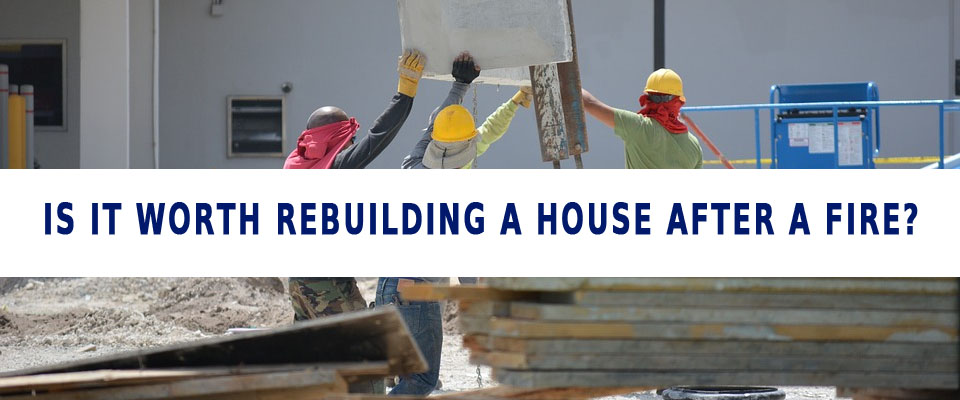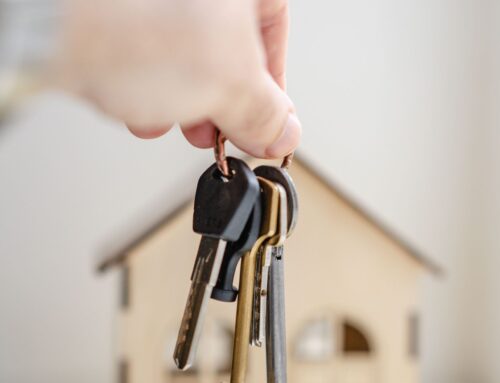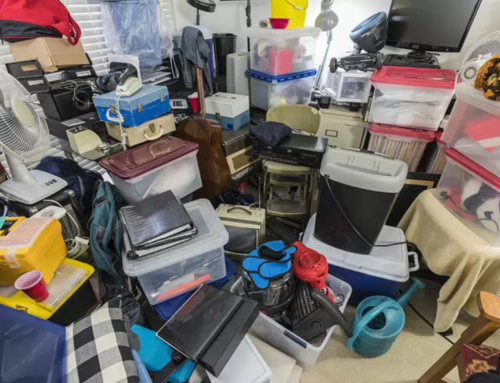Having a home destroyed in a fire is something people won’t wish on their worst enemies. In what sometimes seems like a brief moment, the majority of your earthly possessions get burnt to the ground and turned into a pile of ashes. Of course, not all fires are the same. Some of them are contained to only one part of the house, whereas others can swallow up whole blocks at a time.
Regardless of the cause of the fire, it’s understandably a devastating, debilitating experience that can have a profound impact on your life and the life of your family. Sooner or later, a time will come when you will have to decide what to do with your home after a fire. Rebuilding it is usually the preferable course of action, but it is not always possible, for a variety of reasons.
First of all, your fire-damaged home will need to be thoroughly evaluated by your insurance company to determine the extent of the damage to your home and assess how much money exactly you and your family are eligible to get. Then, there’s the issue of finding the right construction contractors to carry out the rebuild, as well as the assessment of the rebuilding costs themselves. All of this should factor into your decision-making process.
If your home was recently affected by a fire and you’re at a loss when it comes to what you should do next, you’ve come to the right place. This article will help you figure out what to do by taking you through the possible scenarios and the relevant courses of action.
The Extent of the Damage to Your Property
Initially, you should focus on assessing the damage. This should be your focus as soon as the fire department has extinguished the flames. The firefighters present at the site should be able to provide you with a rough overview of the situation, but you should contact your insurance agency as soon as possible.
Not every house fire is the same. Some of the damage can be caused by other circumstances – not just the fire. There is the issue of the chemical and water damage inflicted upon your home by the firefighters themselves. After all, putting out a house fire demands a lot of high-pressure water and various foams to deal with the immediate threat.
A lot of the time, the actions of the fire department combined with the destruction caused by the fire itself can seal the home’s fate. In these cases, the house would need to be leveled before commencing the rebuilding works, which (in most instances) can turn out to be more costly than moving into a new home.
Statistically, most house fires start in the kitchen, which is why it’s worth focusing on that part of the building a little more. Due to the sheer amount of appliances, such as the stove, oven, or fridge, the cleanup after a kitchen fire could be a hazardous and costly procedure in itself.
However, if the damage was mostly contained to that part of the house, then the reconstruction project would be quite realistic, provided that you’ve got the cash to pay for all of it, which brings us to the next important point.
What Is Your Insurance Policy?
Your insurance agency will play a key part in deciding whether or not you should rebuild your home after a fire or sell it as-is and let someone else deal with the reconstruction work and the expenses that come along with it. After the fire has been put out and the area is secured, your insurance agent will have to pay a visit to the disaster site and assess the damage.
Bear in mind that this kind of assessment is much different than the initial examination done by yourself or what you’ve been told by the firefighters. No matter how good and extensive your policy is, the insurance agency will look for ways to minimize your payout. Some policies have a set amount that they pay to fire victims, but a lot of them base the payout on detailed assessments of your fire-damaged home, so be prepared to get less money than you believe you deserve.
After the insurance agent assesses the damage, you’ll know the insurance coverage you’re going to get, so you’ll have a rough idea of how much your insurance company will be able to pay for the rebuilding work and how much you will have to fork out on hiring the right professionals to carry out all of the necessary repairs. It’s also a good idea to ask your insurance company to provide you with a cost evaluation of the entire restoration process.
They are extremely adept at these kinds of assessments and will be able to provide you with an accurate cost outline, as well as help you find a contractor that isn’t too expensive (especially if they’re the ones that have to cover most or all of the expenses).
Aside from assessing the damage, repair costs, and informing you of professional restoration services in the area, your insurance company could also help you with the project timelines and other requirements that you’ll have to meet. This is why you should consult with your insurance agent as soon as possible after the house fire. It will take a lot of pressure off your back and allow you to focus on the rebuild.
Temporary Solutions and Rental Markets in Your Area
If your home sustained heavy fire damage, then chances are that you won’t be able to live in it until the restoration process is complete. Many homeowners dread the idea of having to rent an apartment or house on a short-term basis, but it is an unfortunate necessity for most people whose homes have been ravaged by a fire.
Of course, there are instances of people still living in their fire-damaged homes, but it’s not advisable – the toxicities from the smoke, as well as the chemical and water damage sustained by the building, might make it a hazardous place to live and sleep in. Even if the damage was contained to the kitchen or another room in the house, you should seriously consider moving off the property for the duration of the restoration process.
If you stay in your home, the best-case scenario is that you’ll have to endure noisy, damp, and uncomfortable living conditions for a while, while in the worst case, you might develop a health condition caused by the chemicals and smoke residue.
Fortunately, there are plenty of ways in which you can find low-cost, comfortable temporary housing in your area. Scouting for places online is always a good idea, but you need to be extra careful not to fall for a scam. Just like in the case of the restoration process, your insurance agency may be able to help you out – they need to be in touch with temporary housing providers in order to cover incidents like yours, as well as to help victims of other unfortunate events, such as floods or hurricanes.
Contact a Realtor
Reaching out to a licensed realtor is a good idea to get a second opinion on the valuation of your house, both before and after the potential restoration works. It will help you assess whether you should invest in the repairs or not.
In a lot of cases, selling the house as-is turns out to be the better option, as the rebuild process can be a significant financial setback that won’t even increase your home’s value by too much.
Dealing with professionals such as a structural engineer or electrical specialist is not only expensive but also time-consuming and can cause you a lot of stress, as well as cut into your work schedule. This is why it’s crucial to have a consultation with a realtor so that you know whether or not investing in the reconstruction makes sense financially.
Selling a House for Cash After a Fire
If, after consulting your insurer and realtor, you come to a conclusion that rebuilding or repairing your house after a fire doesn’t really make sense money-wise, and you’re not too emotionally attached to it, you might want to consider selling it as-is.
Oftentimes, a sale provides homeowners with more than enough cash to afford a brand new house. While it may be difficult to find an enthusiastic buyer for a fire-damaged home, there are plenty of companies and dedicated buyers who, after a thorough assessment, will present you with a cash offer on your property. Institutions such as Highest Cash Offer are often the best option in these instances. Dealing with them is quick and effortless, and within a brief period of time, you could have the cash to buy a new home.








 Highest Cash Offer is a real estate solutions company. Our team of experts specialize in assisting homeowners with a wide variety of solutions to any real estate problem. Whether we buy your house for cash or not, our goal is to help you get the desired outcome you deserve.
Highest Cash Offer is a real estate solutions company. Our team of experts specialize in assisting homeowners with a wide variety of solutions to any real estate problem. Whether we buy your house for cash or not, our goal is to help you get the desired outcome you deserve.